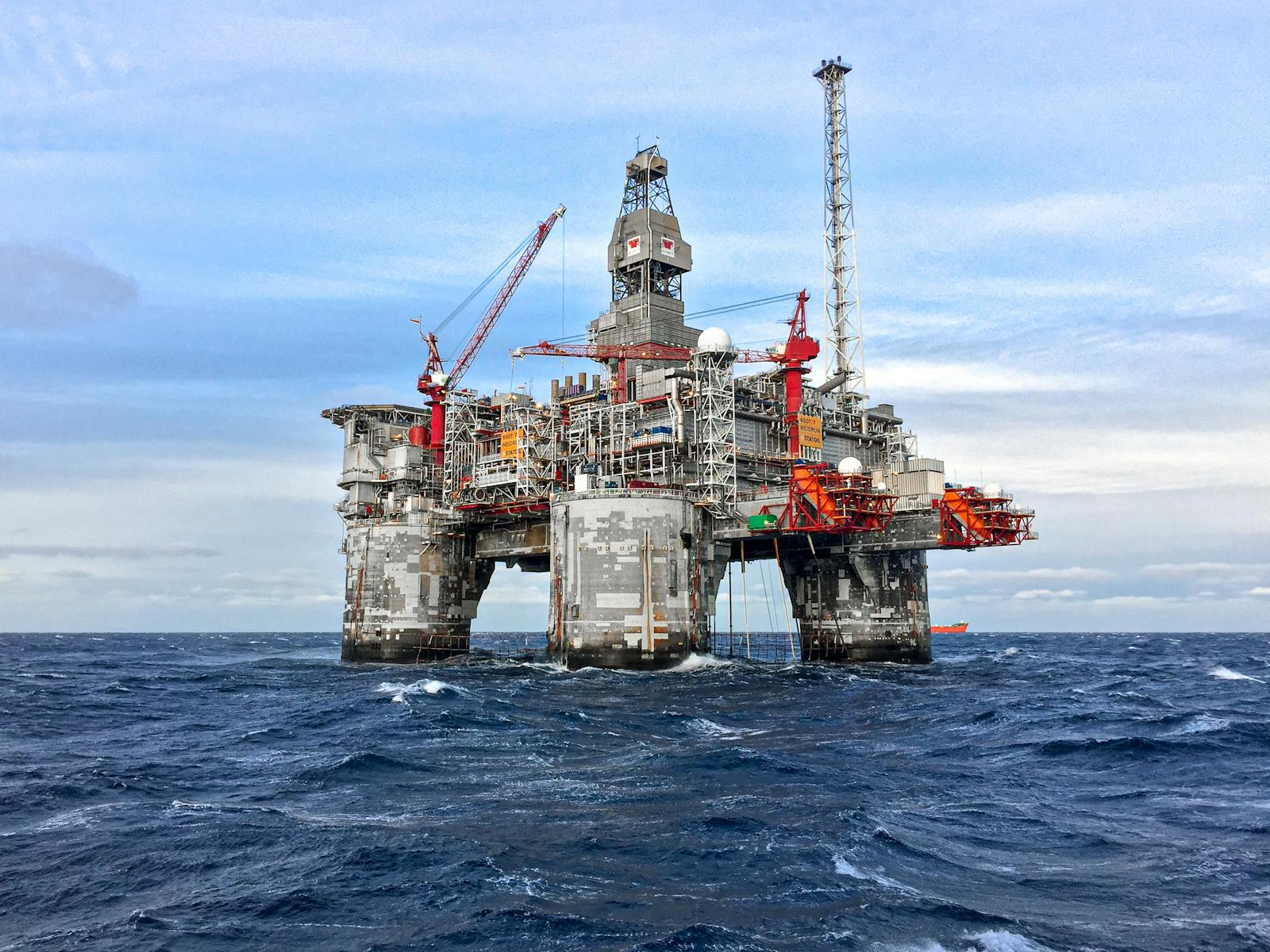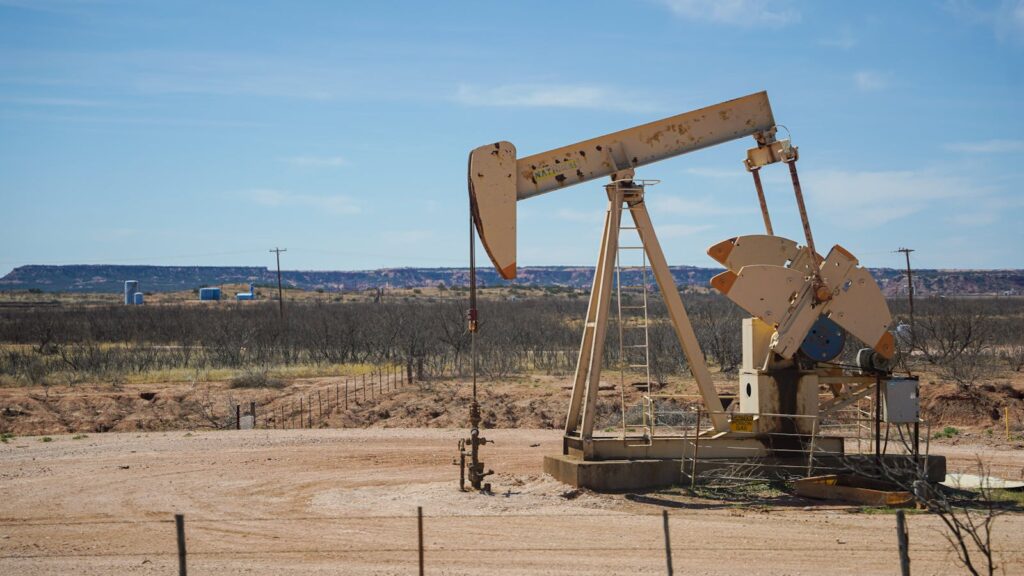Oil-Producing nations Getting Even More influence on the Environment

As COP30 kicks off in Belém, Brazil, world leaders are gathering with renewed urgency to confront a worsening climate crisis. The summit’s return to the Amazon has been billed as a turning point for climate justice, but early discussions already underscore a familiar tension, with scores of lobbyists and delegates from oil-producing states dominating the agenda.
This year, more than 50,000 diplomats, environmental advocates, and global stakeholders are convening to determine the next phase of climate commitments. And while the very first COP in 1995 drew a modest crowd of diplomats and NGO representatives, the summit has ballooned into a sprawling gathering that now includes thousands of lobbyists – including a growing contingent aligned with fossil fuel interests.
Over the last two decades, major oil-producing nations have expanded their presence dramatically at COP. Their outsize influence in setting the global climate agenda has provoked sharp criticism from activists, scientists, and watchdog groups who warn that the negotiations risk being shaped by the very industries driving warming. A closer look at historical attendance data reveals which petrostates are growing in COP influence the fastest.
To determine the countries getting more representation at global climate talks, Climate Crisis 247 reviewed data on party size from the United Nations Framework Convention on Climate Change and historical data on COP attendance from the October 2024 paper “Individual attendance data for over 30 years of international climate change talks” published in Scientific Data. Countries were ranked based on the average annual percentage increase in COP party size from 1995 to 2024. While the UNFCCC has published both main party and party overflow attendee lists for all countries since COP 28, only main party attendees were considered in our analysis. Only countries with at least 50 main party attendees in the last three COP summits were included.
10. Iraq
Iraq has steadily expanded its presence at global climate talks, averaging more than 50% annual growth in delegation size since 1995. At COP30, the country’s participation underscores how deeply oil-dependent economies are positioning themselves within climate negotiations. With oil accounting for nearly half of its GDP, Iraq’s role reflects both vulnerability to climate impacts and heavy ties to fossil fuel production.
9. Angola
Angola’s delegation growth has accelerated sharply over the past three decades, increasing by nearly 60% per year on average. Its presence at COP30 signals a push to remain influential as global pressure mounts to transition away from fossil fuels. Despite oil making up more than a quarter of its GDP, Angola is seeking a voice in shaping the future of climate finance and adaptation.
8. Kazakhstan
Kazakhstan has one of the fastest-rising delegation trajectories among petrostates, averaging more than 60% annual growth since the mid-1990s. Its COP30 attendance shows continued engagement as the country navigates a complex energy landscape dominated by oil and gas. With hydrocarbons still central to its economy, Kazakhstan’s participation highlights a desire to influence global climate and energy policy.
7. Oman
Oman’s delegation has expanded rapidly over the years, growing by nearly 64% annually since 1995. Its presence at COP30 reflects the increasing involvement of Gulf states as climate negotiations turn toward energy system transitions. With nearly a quarter of its GDP tied to oil, Oman remains a key player in debates over emissions pathways in petroleum-rich regions.
6. Qatar
Qatar continues to send growing delegations to the COP process, increasing its participation by an average of 65% per year for nearly three decades. At COP30, the gas-rich nation remains influential as discussions center around phasing down fossil fuels and scaling up clean-energy investments. Its economy, still deeply tied to hydrocarbons, shapes its strategic stance in the negotiations.
5. Libya
Libya has seen a steep rise in its COP delegation size, growing nearly 70% per year since the mid-1990s. Its participation at COP30 highlights the complexities faced by conflict-affected, oil-dependent states in global climate diplomacy. With more than half its GDP coming from oil, Libya’s presence reflects both economic fragility and high stakes in climate transitions.

4. Chad
Chad’s delegation has surged faster than nearly any petrostate in the world, expanding by more than 116% annually since 1995. At COP30, its large presence stands out given its relatively small population and developing-economy status. Though oil accounts for a modest share of GDP, Chad’s rising engagement underscores its growing climate vulnerability and diplomatic assertiveness.
3. Azerbaijan
Azerbaijan’s delegation size has skyrocketed over the decades, averaging more than 240% annual growth. As last year’s host, it maintains a strong presence at COP30, emphasizing its desire to remain central to global energy and climate conversations. With oil still driving much of its GDP, Azerbaijan sits at the intersection of fossil fuel dependence and renewable-energy ambitions.
2. Republic of the Congo
The Republic of the Congo has one of the fastest-growing COP delegations on Earth, increasing 266% per year on average since 1995. Its participation at COP30 highlights the growing clout of smaller Central African petrostates in climate negotiations. With over a third of its GDP tied to oil, the country remains deeply invested in shaping the global transition debate.
1. Equatorial Guinea
Equatorial Guinea tops the list with an extraordinary 363% average annual increase in delegation size over the past three decades. At COP30, it continues to assert a prominent role despite its small population, leveraging climate talks to elevate its diplomatic standing. Though oil accounts for a significant share of its economy, the country’s growing presence reflects an effort to navigate a future beyond fossil fuels.
Sponsor
Find a Vetted Financial Advisor
- Finding a fiduciary financial advisor doesn't have to be hard. SmartAsset's free tool matches you with up to 3 financial advisors that serve your area in 5 minutes.
- Each advisor has been vetted by SmartAsset and is held to a fiduciary standard to act in your best interests. Get on the path toward achieving your financial goals!






